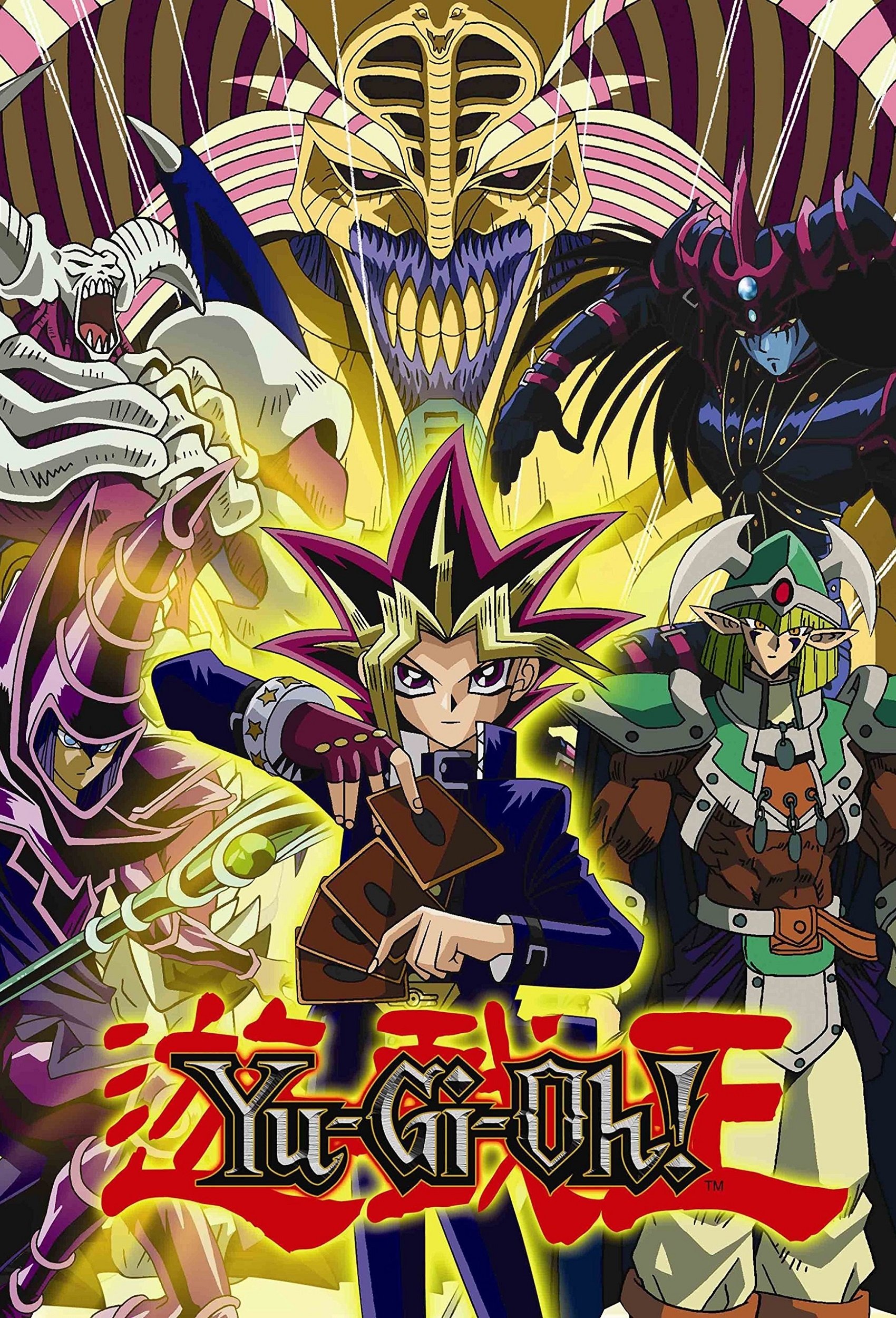Yu-Gi-Oh! Duel Monsters (2000) – Season 1
Yu-Gi-Oh! Duel Monsters
Backdrop for Yu-Gi-Oh! Duel Monsters.
Used for reference and discovery. All rights belong to their respective owners.
All episodes from Yu-Gi-Oh! Duel Monsters (2000) Season 1
|
|
Yu-Gi-Oh! Duel Monsters (2000) Season 1
Season 1 of Yu-Gi-Oh! Duel Monsters premiered in 2000 and marks an important evolution for the series as a whole. This new chapter expands the story world while deepening the emotional resonance that has always defined the show. From the opening scenes, it becomes clear that the narrative has grown more reflective, embracing mature themes and layered storytelling. The season builds upon the foundations of previous installments but takes greater creative risks—experimenting with pacing, tone, and structure to deliver a more sophisticated experience. Viewers are invited to follow characters who are no longer just reacting to their world but actively shaping it, sometimes at great personal cost. The writing team crafts each episode with a strong sense of purpose, blending drama and tension with quieter, introspective moments that allow the story to breathe. The result is a season that feels cohesive yet unpredictable, familiar yet filled with new emotional depth.
Visually, Yu-Gi-Oh! Duel Monsters has never looked better. The production team approaches Season 1 with the confidence of a series that understands its own identity while still pushing boundaries. Every frame feels intentional: the lighting shifts from warmth to shadow to mirror internal conflict, and the camera often lingers on gestures or expressions that reveal more than words ever could. The color palette is rich yet grounded, reflecting the evolving tone of the story—from moments of hope to scenes of quiet despair. The costume and set design remain meticulously detailed, each environment telling a subtle part of the story. The music plays a key role as well, weaving emotional cues that guide viewers through tension, loss, and revelation. Even in its more restrained episodes, the season maintains a cinematic quality that rewards careful attention. This isn’t spectacle for spectacle’s sake—it’s a visual language that reinforces the emotional weight of each scene.
One of the strongest aspects of Season 1 is its focus on character evolution. The series refuses to let its characters remain static; instead, it challenges them to confront new dilemmas that test their beliefs and relationships. Long-time viewers will notice that familiar faces return under different circumstances, shaped by the consequences of their past choices. Meanwhile, new characters are introduced with purpose, expanding the story’s scope without diluting its focus. Each major character undergoes a journey that feels personal and believable—struggling with guilt, ambition, loyalty, and the search for identity. Some face external conflicts that mirror their internal battles, while others quietly unravel under the weight of memory and regret. The emotional honesty of the performances gives the season its power. Every exchange, whether whispered in a dimly lit room or shouted in desperation, carries meaning. It’s in these human moments—subtle, flawed, and deeply felt—that the show continues to earn its reputation as one of the most emotionally intelligent series of its kind.
As the episodes progress, threads from earlier seasons begin to intertwine in ways that feel both surprising and inevitable. The pacing is deliberate but never sluggish, allowing storylines to breathe and intersect naturally. Small details that once seemed incidental take on new significance, revealing just how carefully the season has been constructed. There are moments of revelation that leave audiences stunned, not because they are shocking for their own sake, but because they arise naturally from the logic of the narrative. Themes of forgiveness, accountability, and the cyclical nature of conflict are explored through parallel storylines, each offering a different perspective on what it means to change—or to refuse change. The writing shows restraint, trusting viewers to connect the dots rather than spelling out every emotion or motivation. The final stretch of episodes builds to a powerful crescendo, culminating in a finale that is both satisfying and open-ended. It honors what came before while laying the groundwork for future possibilities.
In its entirety, Season 1 of Yu-Gi-Oh! Duel Monsters stands as a confident, emotionally resonant continuation of the series’ legacy. It refines everything that fans love about the show—its attention to character, its moral complexity, its ability to blend realism with symbolism—while introducing new storytelling techniques that keep it fresh. The pacing, performances, and atmosphere come together to form a season that feels thematically rich and visually distinct. Whether you’re revisiting the series or experiencing it for the first time, this chapter offers something rare: a story that entertains while encouraging reflection. The writers understand that lasting impact comes not just from big moments, but from the quiet truths that linger after the credits roll. Season 1 invites audiences to think, to feel, and to question—and in doing so, it cements Yu-Gi-Oh! Duel Monsters as one of the most thoughtful and compelling shows of its era.
| Title | Yu-Gi-Oh! Duel Monsters | |
|---|---|---|
| Genre | Animation, Action & Adventure | |
| Air Date | 2000-04-18 | |
| Season | 1 | |
| Total Episodes | 224 | |
| Overview | Bullies often target someone frail and weak—someone exactly like Yûgi Muto. He treasures his Millennium Puzzle, an ancient Egyptian artifact that was brought into his grandfather's game shop. Believing that solving the puzzle will grant him his wish, he completes the puzzle, unleashing a new personality within him, the soul of the "King of Games." The new personality named Yami Yûgi is the exact opposite of Yûgi. Upon any injustice toward him, Yami Yûgi takes over Yûgi's body and forces the opponent into a "Shadow Game". | |
| Stars |
|
|
Yu-Gi-Oh! Duel Monsters - Season 1
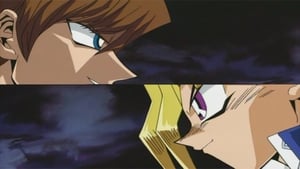
Episode 1: The Heart of the Cards
April 18, 2000

Episode 2: The Gauntlet is Thrown
April 25, 2000

Episode 3: Journey to the Duelist Kingdom
May 2, 2000
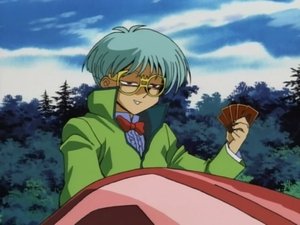
Episode 4: Into the Hornet's Nest
May 9, 2000
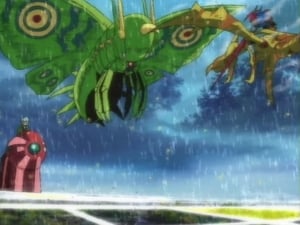
Episode 5: The Ultimate Great Moth
May 16, 2000
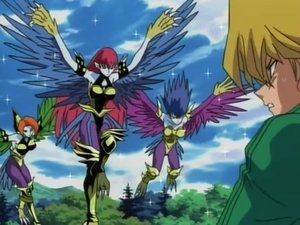
Episode 6: First Duel
May 23, 2000
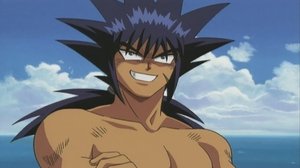
Episode 7: Attack from the Deep
May 30, 2000
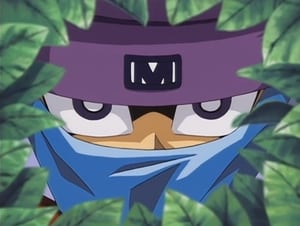
Episode 8: Everything's Relative
June 6, 2000
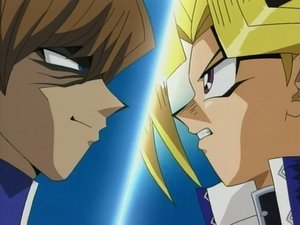
Episode 9: Duel with a Ghoul
June 13, 2000
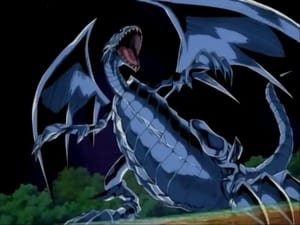
Episode 10: Give Up the Ghost
June 20, 2000
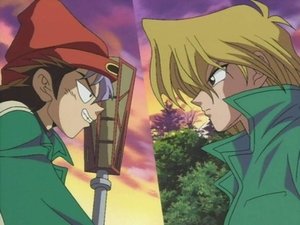
Episode 11: The Dueling Monkey
June 27, 2000
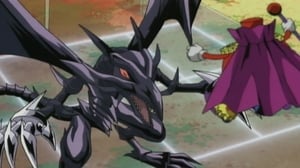
Episode 12: Trial by Red Eyes
July 4, 2000
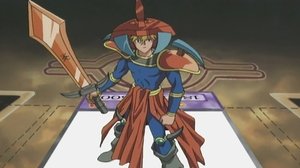
Episode 13: Evil Spirit of the Ring
July 11, 2000
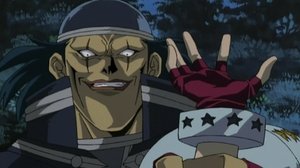
Episode 14: The Light at the End of the Tunnel
July 25, 2000
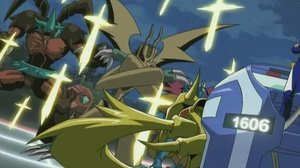
Episode 15: Winning Through Intimidation
August 1, 2000
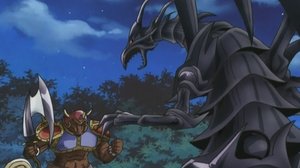
Episode 16: The Scars of Defeat
August 8, 2000
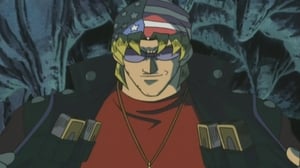
Episode 17: Arena of Lost Souls (1)
August 15, 2000
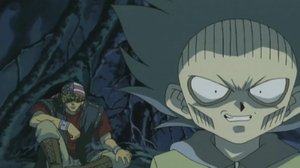
Episode 18: Arena of Lost Souls (2)
August 22, 2000
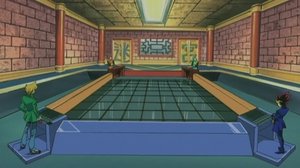
Episode 19: Double Trouble Duel (1)
August 29, 2000
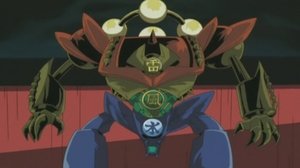
Episode 20: Double Trouble Duel (2)
September 5, 2000
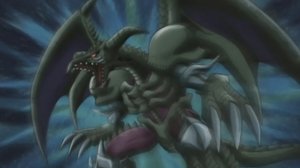
Episode 21: Double Trouble Duel (3)
September 12, 2000
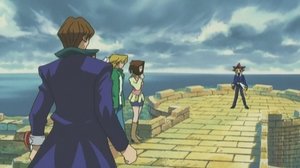
Episode 22: Face Off (1)
September 19, 2000

Episode 23: Face Off (2)
September 26, 2000
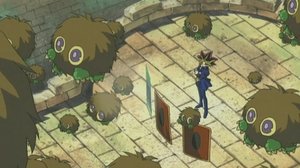
Episode 24: Face Off (3)
October 3, 2000
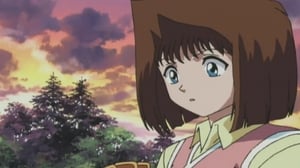
Episode 25: Shining Friendship
October 10, 2000
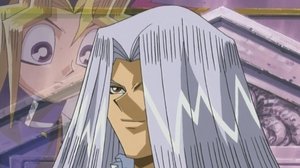
Episode 26: Champion vs. Creator (1)
October 17, 2000
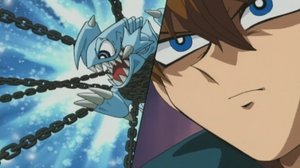
Episode 27: Champion vs. Creator (2)
October 24, 2000
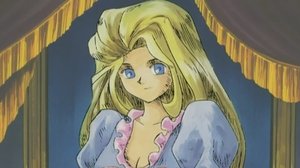
Episode 28: The Night Before
October 31, 2000
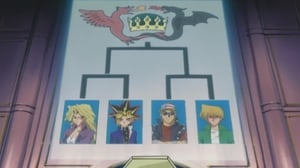
Episode 29: Duel Identity (1)
November 7, 2000
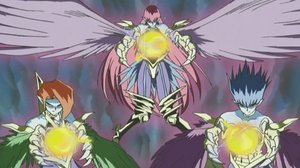
Episode 30: Duel Identity (2)
November 14, 2000
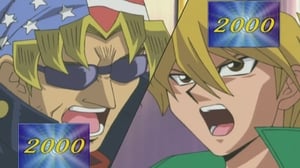
Episode 31: Keith's Machinations (1)
November 21, 2000
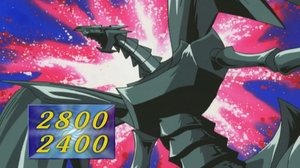
Episode 32: Keith's Machinations (2)
November 28, 2000
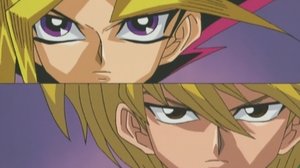
Episode 33: Best of Friends, Best of Duelists (1)
December 5, 2000

Episode 34: Best of Friends, Best of Duelists (2)
December 12, 2000
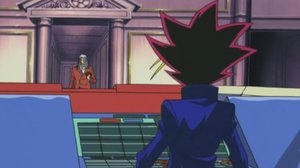
Episode 35: Yugi vs. Pegasus: Match of the Millennium (1)
December 19, 2000
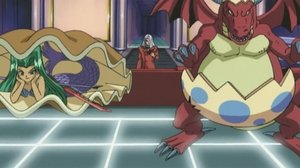
Episode 36: Yugi vs. Pegasus: Match of the Millennium (2)
December 26, 2000
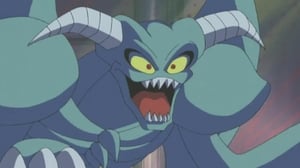
Episode 37: Yugi vs. Pegasus: Match of the Millennium (3)
January 9, 2001
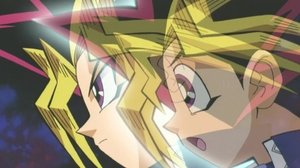
Episode 38: Yugi vs. Pegasus: Match of the Millennium (4)
January 16, 2001
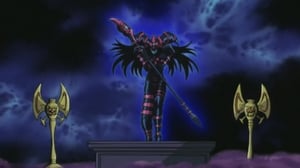
Episode 39: Yugi vs. Pegasus: Match of the Millennium (5)
January 23, 2001
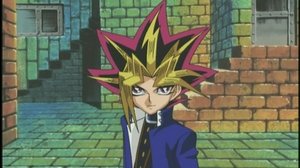
Episode 40: Aftermath
January 30, 2001
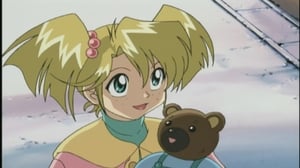
Episode 41: The Wrath of Rebecca
February 6, 2001
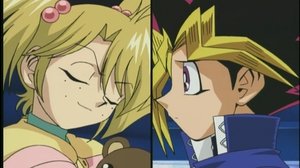
Episode 42: The Ties of Friendship
February 13, 2001
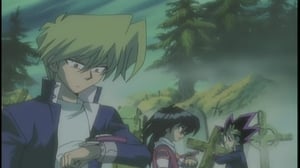
Episode 43: Legendary Heroes (1)
February 20, 2001
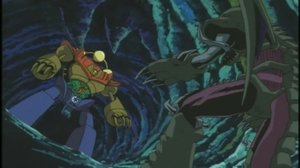
Episode 44: Legendary Heroes (2)
February 27, 2001
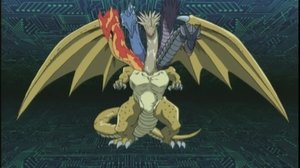
Episode 45: Legendary Heroes (3)
March 6, 2001
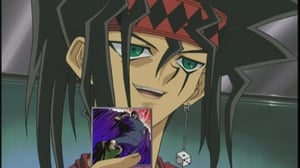
Episode 46: Dungeon Dice Monsters (1)
March 13, 2001
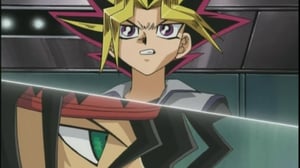
Episode 47: Dungeon Dice Monsters (2)
March 20, 2001
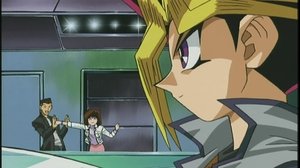
Episode 48: Dungeon Dice Monsters (3)
March 27, 2001
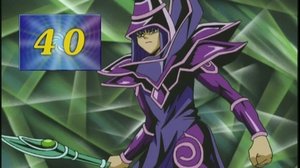
Episode 49: Dungeon Dice Monsters (4)
April 3, 2001
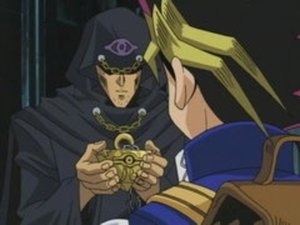
Episode 50: The Mystery Duelist (1)
April 10, 2001
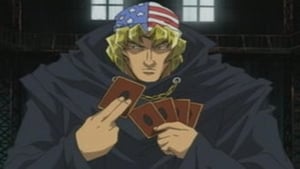
Episode 51: The Mystery Duelist (2)
April 17, 2001
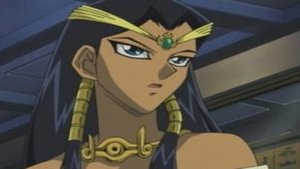
Episode 52: The Past Is Present
April 24, 2001
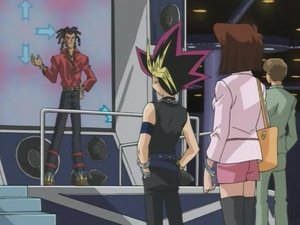
Episode 53: Steppin' Out
May 1, 2001
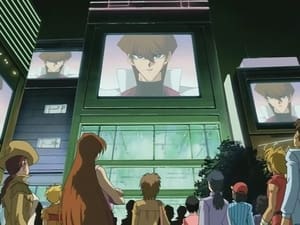
Episode 54: Obelisk the Tormentor
May 8, 2001
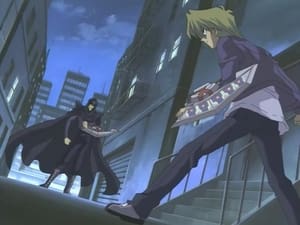
Episode 55: Stalked by the Rare Hunters
May 15, 2001
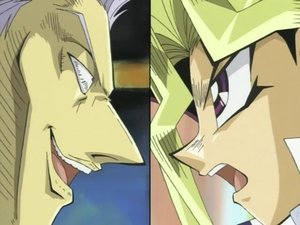
Episode 56: Yugi vs. the Rare Hunter (1)
May 22, 2001
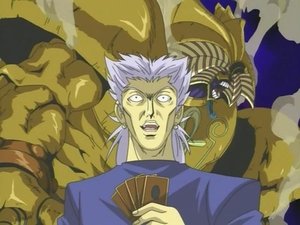
Episode 57: Yugi vs. the Rare Hunter (2)
May 29, 2001
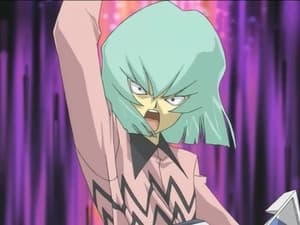
Episode 58: Espa Roba - The ESP Duelist (1)
June 5, 2001
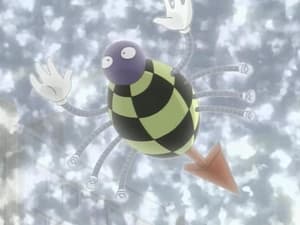
Episode 59: Espa Roba - The ESP Duelist (2)
June 12, 2001
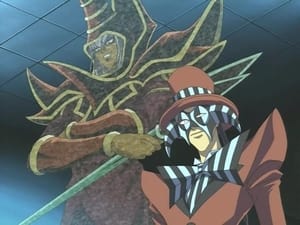
Episode 60: The Master of Magicians (1)
June 19, 2001
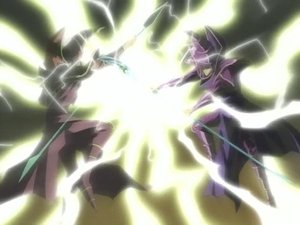
Episode 61: The Master of Magicians (2)
June 26, 2001
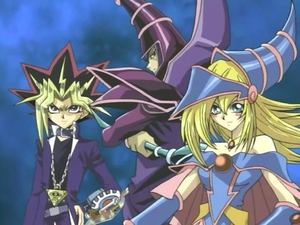
Episode 62: The Master of Magicians (3)
July 3, 2001
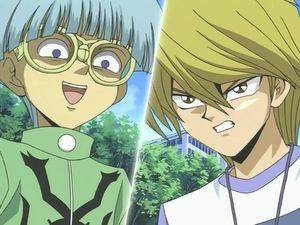
Episode 63: Playing with a Parasite (1)
July 10, 2001
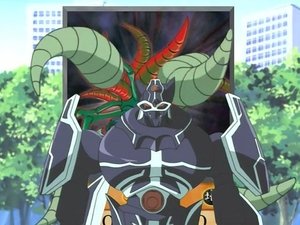
Episode 64: Playing with a Parasite (2)
July 17, 2001
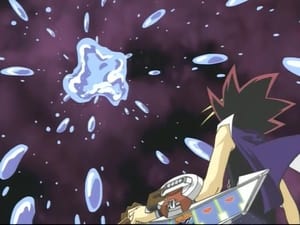
Episode 65: Mime Control (1)
July 24, 2001
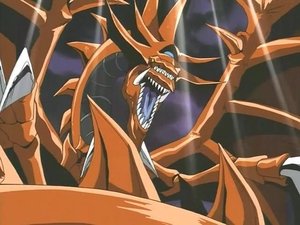
Episode 66: Mime Control (2)
July 31, 2001
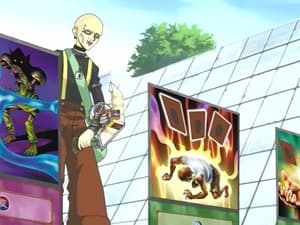
Episode 67: Mime Control (3)
August 7, 2001

Episode 68: Legendary Fisherman (1)
August 14, 2001
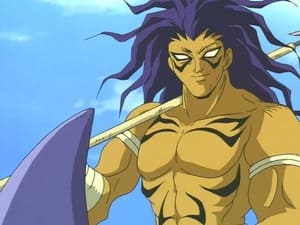
Episode 69: Legendary Fisherman (2)
August 21, 2001
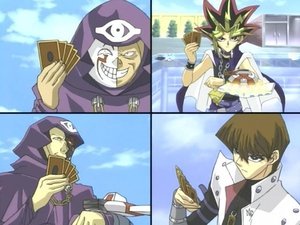
Episode 70: Double Duel (1)
August 28, 2001
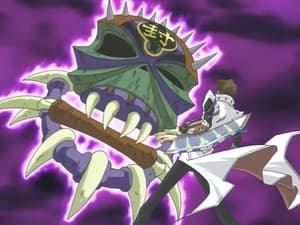
Episode 71: Double Duel (2)
September 4, 2001
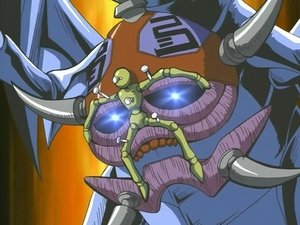
Episode 72: Double Duel (3)
September 11, 2001
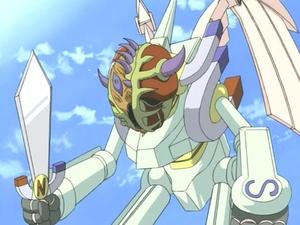
Episode 73: Double Duel (4)
September 18, 2001
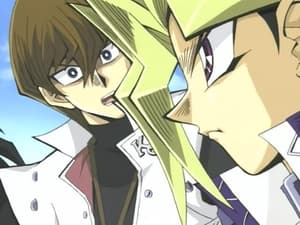
Episode 74: The Rescue
September 25, 2001
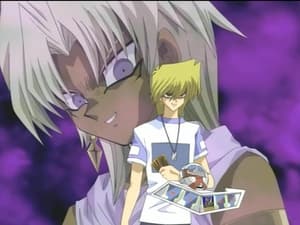
Episode 75: Friends 'Til the End (1)
October 2, 2001
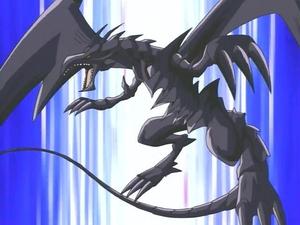
Episode 76: Friends 'Til the End (2)
October 9, 2001
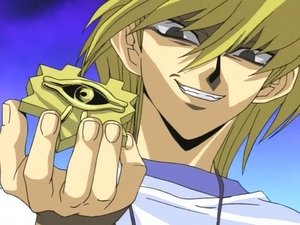
Episode 77: Friends 'Til the End (3)
October 16, 2001
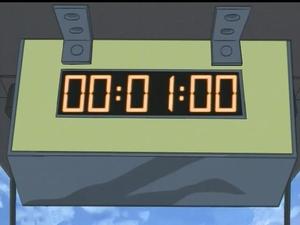
Episode 78: Friends 'Til the End (4)
October 23, 2001
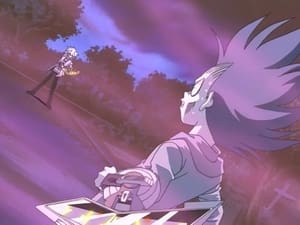
Episode 79: Shadow of a Duel
October 30, 2001
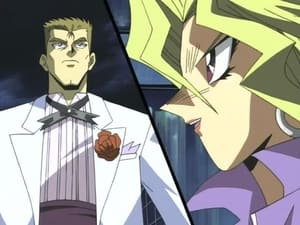
Episode 80: Lights, Camera, Duel
November 6, 2001
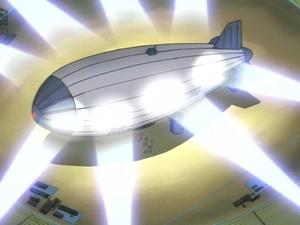
Episode 81: Let the Finals Begin!
November 13, 2001

Episode 82: The Dark Spirit Revealed (1)
November 27, 2001
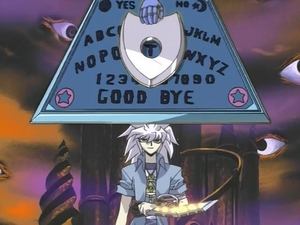
Episode 83: The Dark Spirit Revealed (2)
November 27, 2001
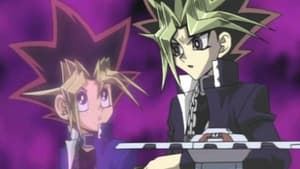
Episode 84: The Dark Spirit Revealed (3)
November 27, 2001
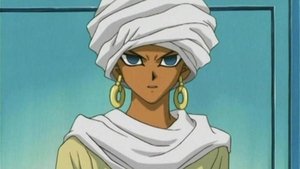
Episode 85: Rage of the Egyptian Gods
December 4, 2001
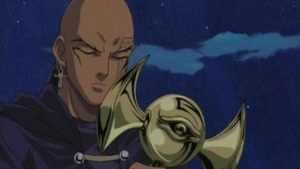
Episode 86: Awakening of Evil (1)
December 11, 2001
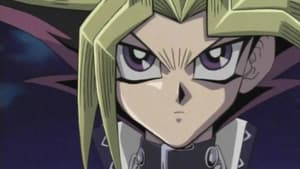
Episode 87: Awakening of Evil (2)
December 18, 2001
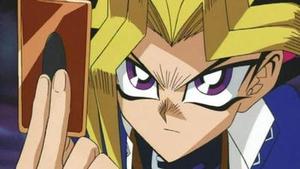
Episode 88: Awakening of Evil (3)
December 25, 2001
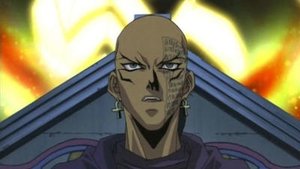
Episode 89: Awakening of Evil (4)
January 8, 2002
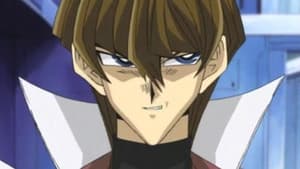
Episode 90: Mind Game: Mai vs. Marik (1)
January 15, 2002
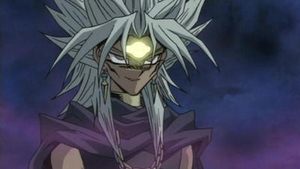
Episode 91: Mind Game: Mai vs. Marik (2)
January 22, 2002
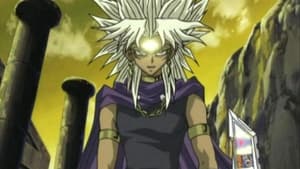
Episode 92: Mind Game: Mai vs. Marik (3)
January 29, 2002
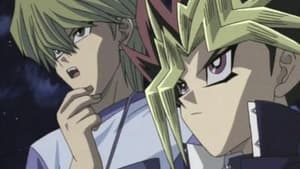
Episode 93: A Duel with Destiny (1)
February 5, 2002
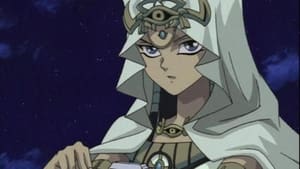
Episode 94: A Duel with Destiny (2)
February 12, 2002

Episode 95: The Tomb-Keeper's Secret
February 19, 2002
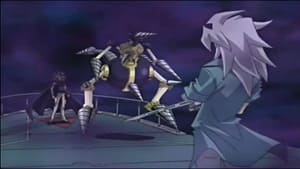
Episode 96: Showdown in the Shadows (1)
February 26, 2002
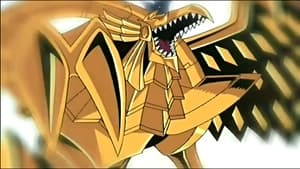
Episode 97: Showdown in the Shadows (2)
March 5, 2002
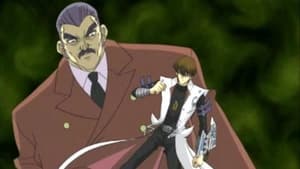
Episode 98: A Virtual Nightmare
March 12, 2002
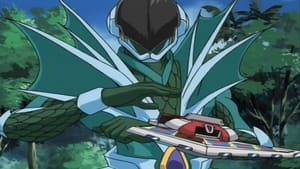
Episode 99: Isolated in Cyber Space (1)
March 19, 2002
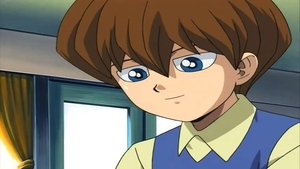
Episode 100: Isolated in Cyber Space (2)
March 26, 2002
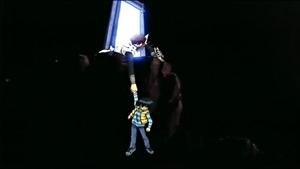
Episode 101: Isolated in Cyber Space (3)
April 9, 2002
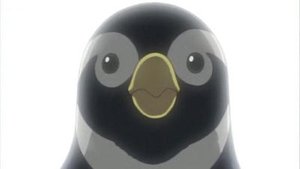
Episode 102: Freeze Play (1)
April 16, 2002
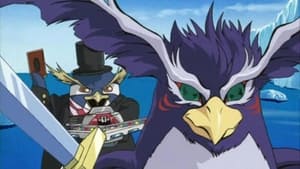
Episode 103: Freeze Play (2)
April 23, 2002
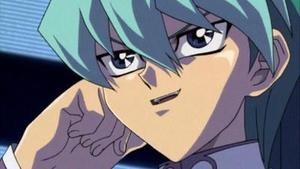
Episode 104: Courtroom Chaos (1)
April 30, 2002
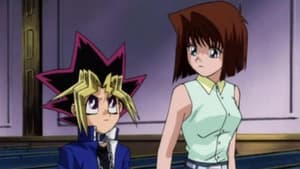
Episode 105: Courtroom Chaos (2)
May 7, 2002
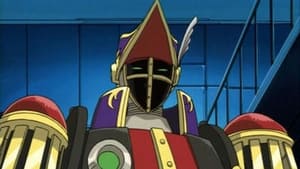
Episode 106: Mechanical Mayhem (1)
May 14, 2002
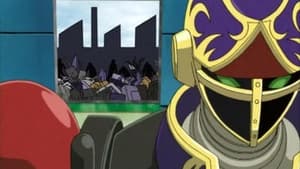
Episode 107: Mechanical Mayhem (2)
May 21, 2002
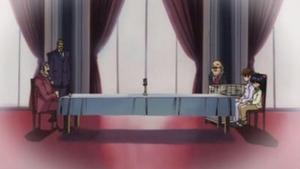
Episode 108: Settling the Score (1)
May 28, 2002
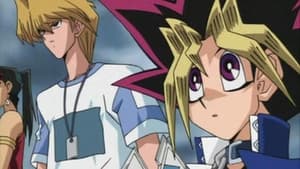
Episode 109: Settling the Score (2)
June 4, 2002
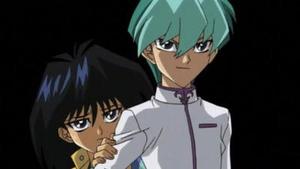
Episode 110: Noah's Secret
June 11, 2002

Episode 111: Merger of the Big Five (1)
June 18, 2002
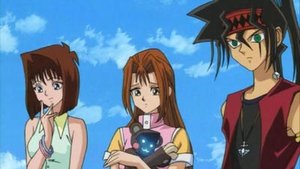
Episode 112: Merger of the Big Five (2)
June 25, 2002
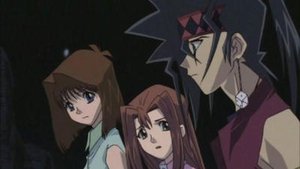
Episode 113: Merger of the Big Five (3)
July 2, 2002
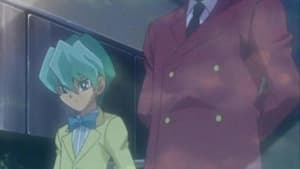
Episode 114: Brothers in Arms (1)
July 16, 2002
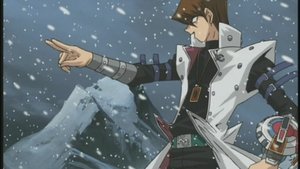
Episode 115: Brothers in Arms (2)
July 23, 2002
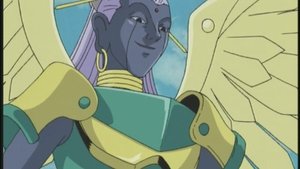
Episode 116: Brothers in Arms (3)
July 30, 2002
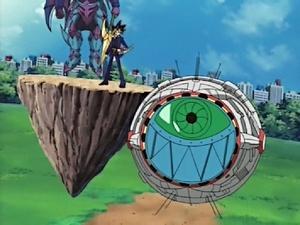
Episode 117: Noah's Final Threat (1)
August 6, 2002
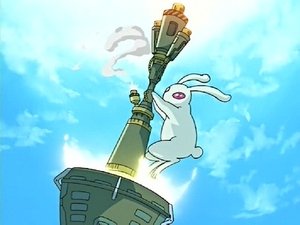
Episode 118: Noah's Final Threat (2)
August 13, 2002
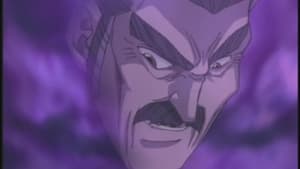
Episode 119: So Close Yet So Far
August 20, 2002
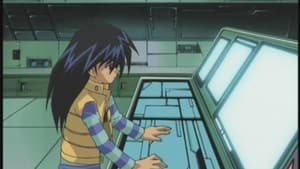
Episode 120: Burying the Past (1)
August 27, 2002
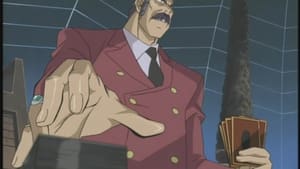
Episode 121: Burying the Past (2)
August 27, 2002
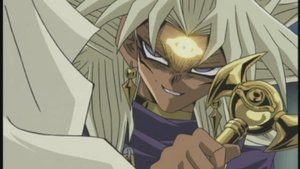
Episode 122: Back to Battle City (1)
September 3, 2002
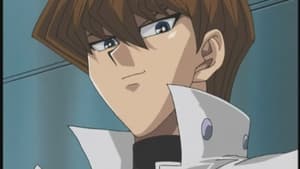
Episode 123: Back to Battle City (2)
September 10, 2002
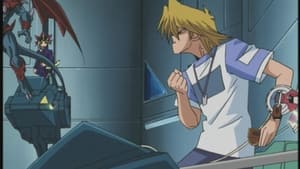
Episode 124: Back to Battle City (3)
September 17, 2002
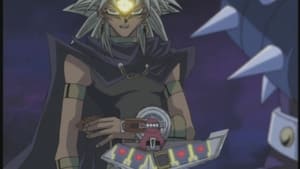
Episode 125: The Darkness Returns (1)
October 8, 2002
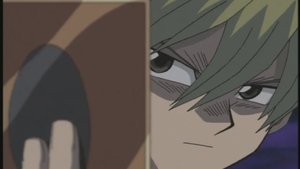
Episode 126: The Darkness Returns (2)
October 8, 2002
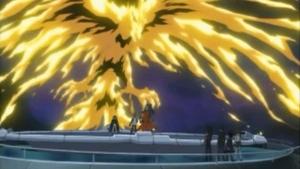
Episode 127: The Darkness Returns (3)
October 15, 2002
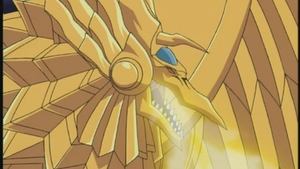
Episode 128: The Darkness Returns (4)
October 22, 2002
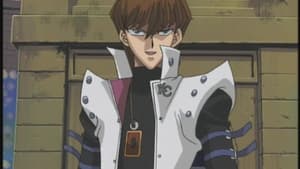
Episode 129: Clash in the Coliseum (1)
October 29, 2002
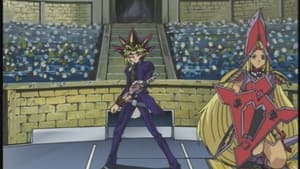
Episode 130: Clash in the Coliseum (2)
November 5, 2002
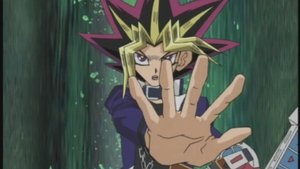
Episode 131: Clash in the Coliseum (3)
November 12, 2002
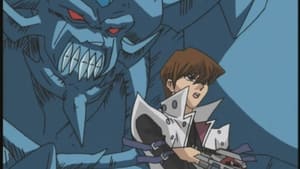
Episode 132: Clash in the Coliseum (4)
November 19, 2002
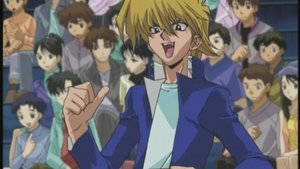
Episode 133: Clash in the Coliseum (5)
November 19, 2002
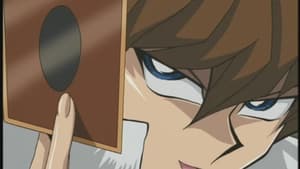
Episode 134: Clash in the Coliseum (6)
November 19, 2002
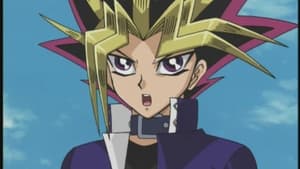
Episode 135: Battle for the Bronze (1)
December 3, 2002
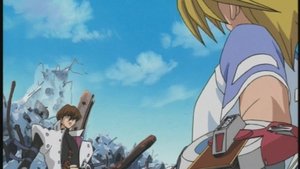
Episode 136: Battle for the Bronze (2)
December 10, 2002
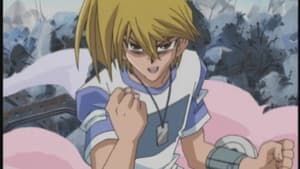
Episode 137: Battle for the Bronze (3)
December 17, 2002
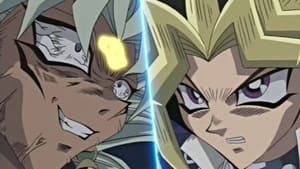
Episode 138: The Final Face Off (1)
December 24, 2002
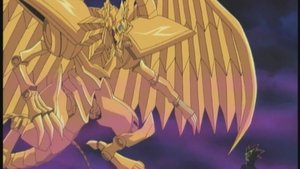
Episode 139: The Final Face Off (2)
January 7, 2003
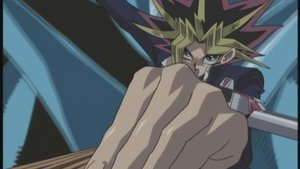
Episode 140: The Final Face Off (3)
January 14, 2003
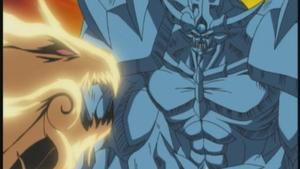
Episode 141: The Final Face Off (4)
January 21, 2003
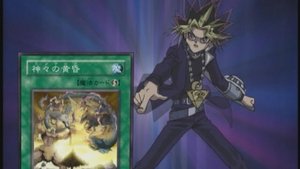
Episode 142: The Final Face Off (5)
January 28, 2003
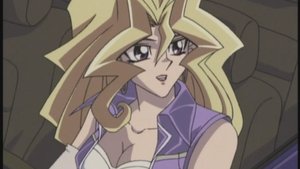
Episode 143: One for the Road
February 4, 2003
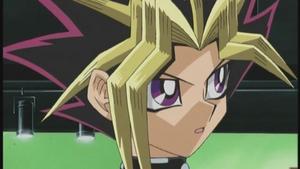
Episode 144: Looking Back and Moving Ahead
February 11, 2003
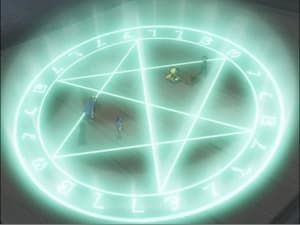
Episode 145: A New Evil (1)
February 18, 2003
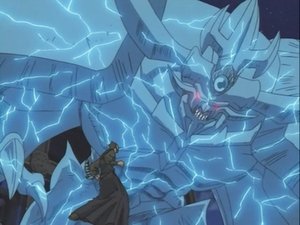
Episode 146: A New Evil (2)
February 25, 2003
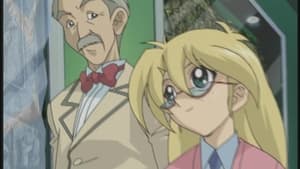
Episode 147: Legend of the Dragons
March 4, 2003
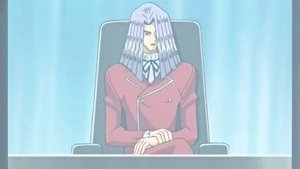
Episode 148: The Creator Returns
March 11, 2003
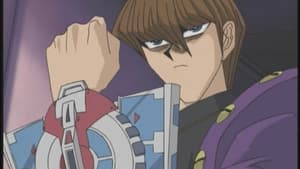
Episode 149: Deja Duel! (1)
March 18, 2003
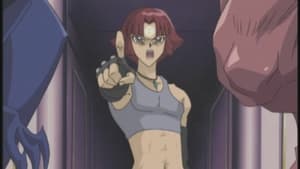
Episode 150: Deja Duel! (2)
April 8, 2003
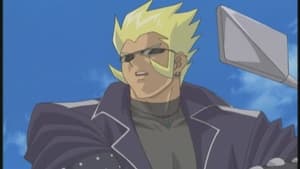
Episode 151: An Unexpected Enemy
April 15, 2003
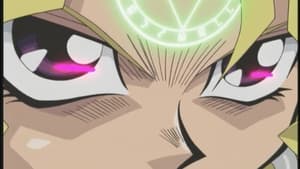
Episode 152: My Freaky Valentine (1)
April 22, 2003
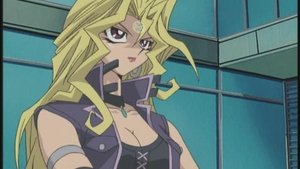
Episode 153: My Freaky Valentine (2)
April 29, 2003
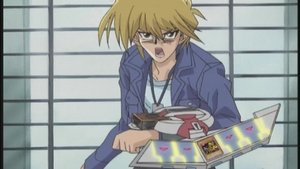
Episode 154: My Freaky Valentine (3)
May 6, 2003
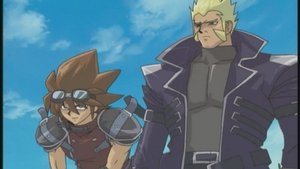
Episode 155: The Challenge
May 13, 2003
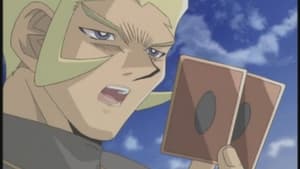
Episode 156: Fate of the Pharaoh (1)
May 20, 2003
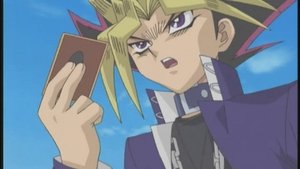
Episode 157: Fate of the Pharaoh (2)
May 27, 2003
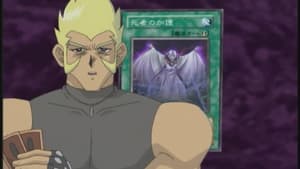
Episode 158: Fate of the Pharaoh (3)
June 3, 2003
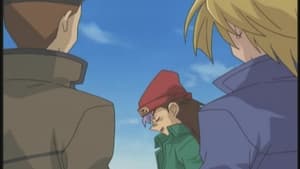
Episode 159: Trial by Stone
June 10, 2003
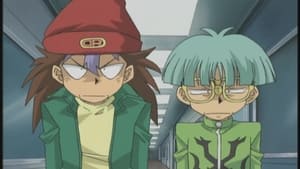
Episode 160: On the Wrong Track (1)
June 24, 2003
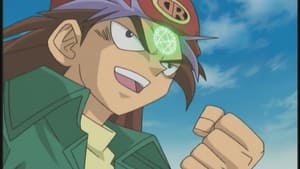
Episode 161: On the Wrong Track (2)
June 24, 2003
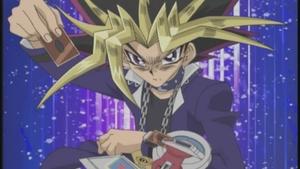
Episode 162: On the Wrong Track (3)
July 1, 2003
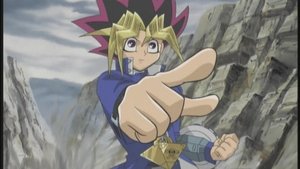
Episode 163: Self Destruction
July 8, 2003
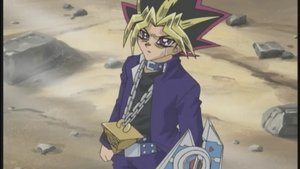
Episode 164: Reliving the Past
July 22, 2003
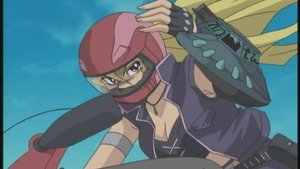
Episode 165: Deck of Armor
July 29, 2003
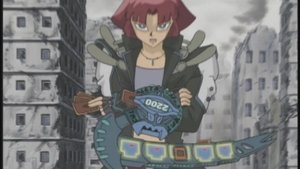
Episode 166: Flight of Fear (1)
August 12, 2003
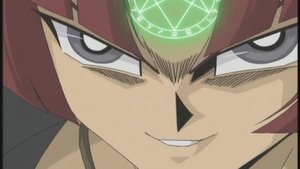
Episode 167: Flight of Fear (2)
August 19, 2003
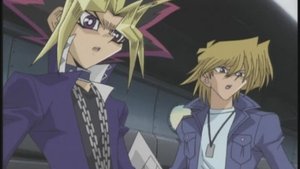
Episode 168: Paradise Found
August 19, 2003
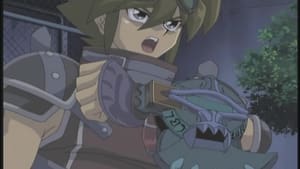
Episode 169: Fighting for a Friend (1)
September 2, 2003
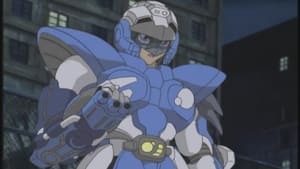
Episode 170: Fighting for a Friend (2)
September 9, 2003
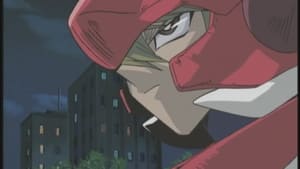
Episode 171: Fighting for a Friend (3)
September 16, 2003
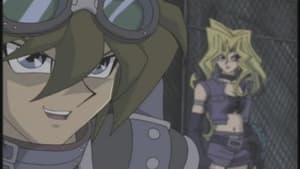
Episode 172: Fighting for a Friend (4)
September 23, 2003
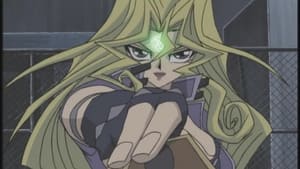
Episode 173: Fighting for a Friend (5)
October 1, 2003
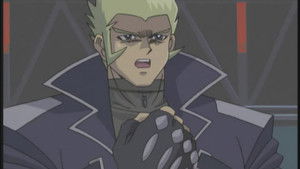
Episode 174: Grappling with a Guardian (1)
October 8, 2003
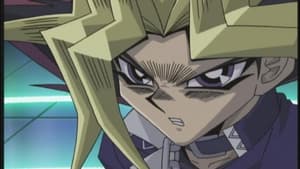
Episode 175: Grappling with a Guardian (2)
October 15, 2003
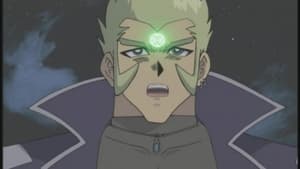
Episode 176: Grappling with a Guardian (3)
October 22, 2003
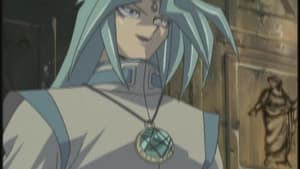
Episode 177: A Duel with Dartz (1)
October 29, 2003
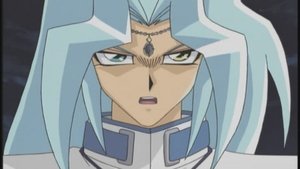
Episode 178: A Duel with Dartz (2)
November 5, 2003
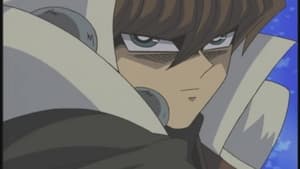
Episode 179: A Duel with Dartz (3)
November 12, 2003
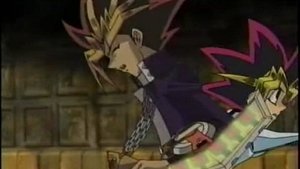
Episode 180: A Duel with Dartz (4)
November 19, 2003
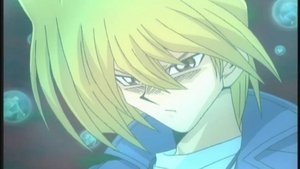
Episode 181: A Duel with Dartz (5)
November 26, 2003
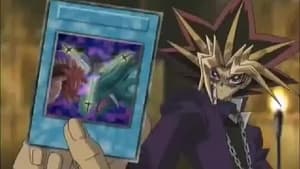
Episode 182: A Duel with Dartz (6)
December 3, 2003

Episode 183: Rise of the Great Beast (1)
December 10, 2003
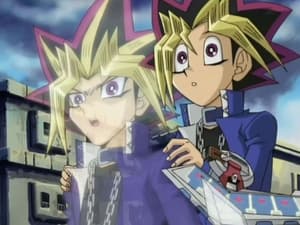
Episode 184: Rise of the Great Beast (2)
December 17, 2003
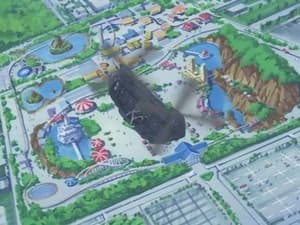
Episode 185: Unwanted Guest (1)
December 24, 2003
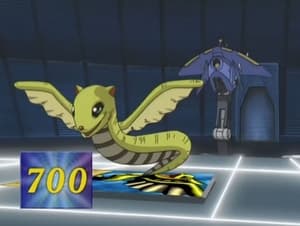
Episode 186: Unwanted Guest (2)
January 7, 2004
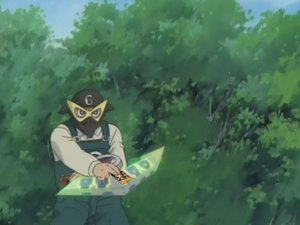
Episode 187: Let the Games Begin! (1)
January 14, 2004
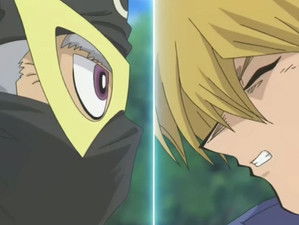
Episode 188: Let the Games Begin! (2)
January 21, 2004
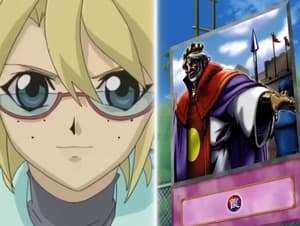
Episode 189: Child's Play
January 28, 2004
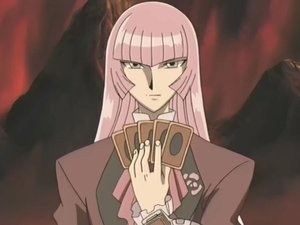
Episode 190: Down in Flames (1)
February 4, 2004
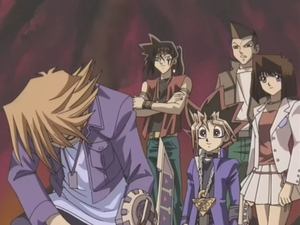
Episode 191: Down in Flames (2)
February 11, 2004
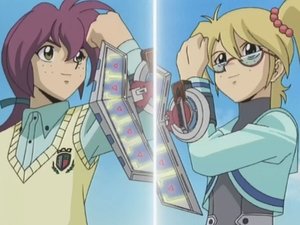
Episode 192: A Brawl in a Small Town (1)
February 18, 2004
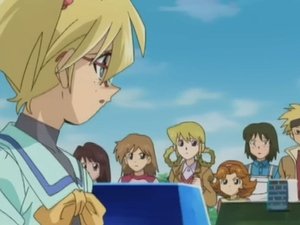
Episode 193: A Brawl in a Small Town (2)
February 25, 2004
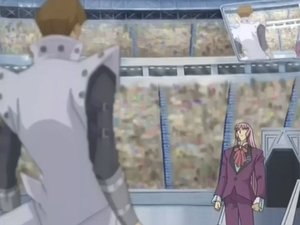
Episode 194: One Step Ahead (1)
March 3, 2004
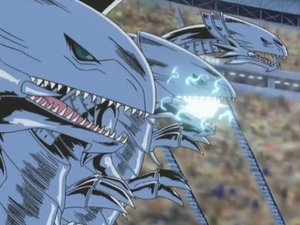
Episode 195: One Step Ahead (2)
March 10, 2004
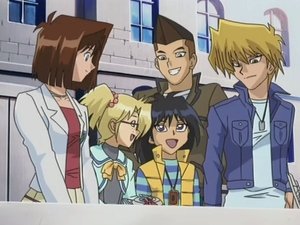
Episode 196: Sinister Secrets (1)
March 17, 2004
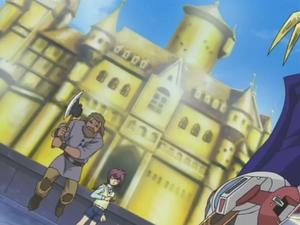
Episode 197: Sinister Secrets (2)
March 24, 2004
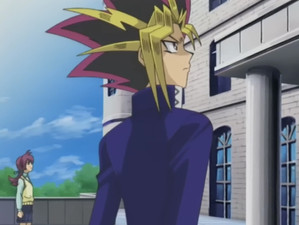
Episode 198: Sinister Secrets (3)
March 31, 2004
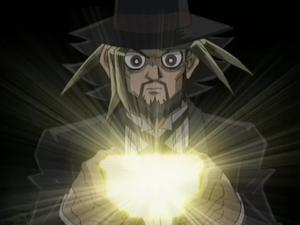
Episode 199: Tomb of the Nameless Pharaoh
April 7, 2004

Episode 200: Spiritual Awakening
April 14, 2004
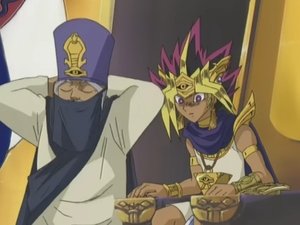
Episode 201: Memoirs of a Pharaoh
April 21, 2004
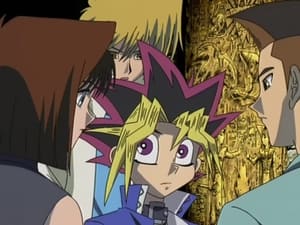
Episode 202: The Intruder (1)
April 28, 2004
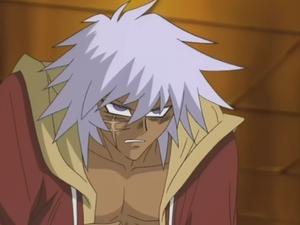
Episode 203: The Intruder (2)
May 5, 2004
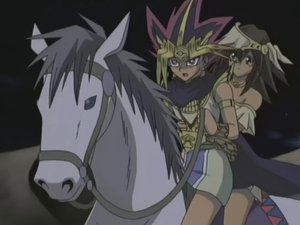
Episode 204: Makings of a Magician
May 12, 2004
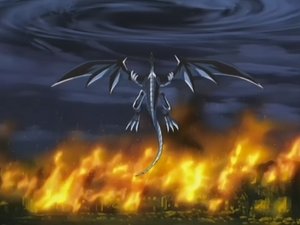
Episode 205: Birth of the Blue-Eyes
May 19, 2004
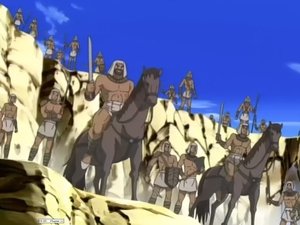
Episode 206: Village of Lost Souls
May 26, 2004
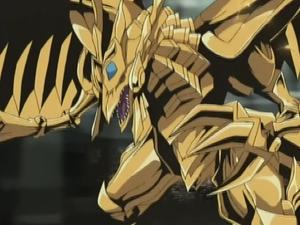
Episode 207: A Reversal of Fortune
June 2, 2004
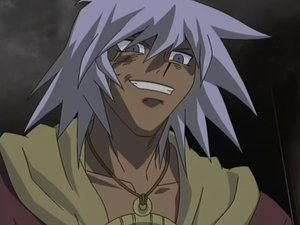
Episode 208: In Search of a King
June 9, 2004
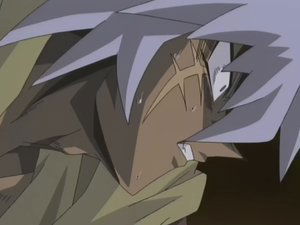
Episode 209: Village of Vengeance (1)
June 16, 2004
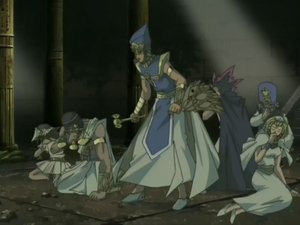
Episode 210: Village of Vengeance (2)
June 23, 2004
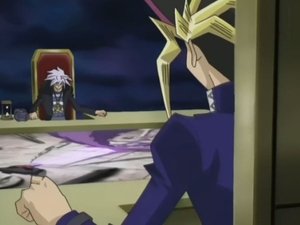
Episode 211: Village of Vengeance (3)
June 30, 2004
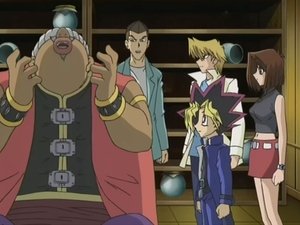
Episode 212: Village of Vengeance (4)
July 7, 2004
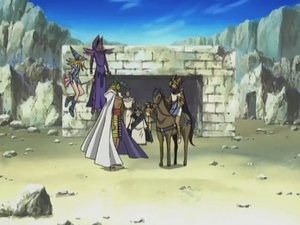
Episode 213: Village of Vengeance (5)
July 14, 2004
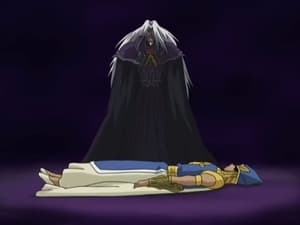
Episode 214: Name of the Game
July 21, 2004
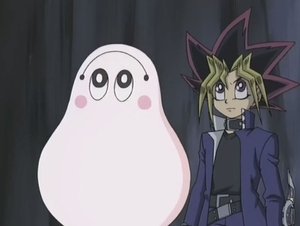
Episode 215: The Dark One Cometh (1)
July 28, 2004
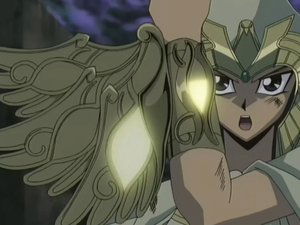
Episode 216: The Dark One Cometh (2)
August 4, 2004
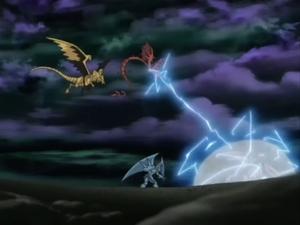
Episode 217: The Dark One Cometh (3)
August 11, 2004
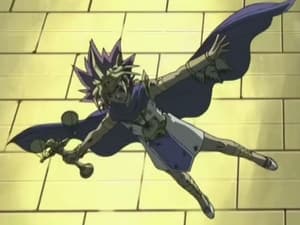
Episode 218: The Dark One Cometh (4)
August 18, 2004
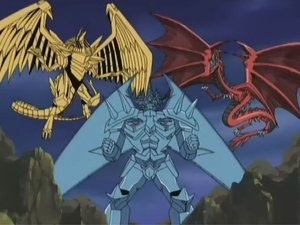
Episode 219: In the Name of the Pharaoh
August 25, 2004
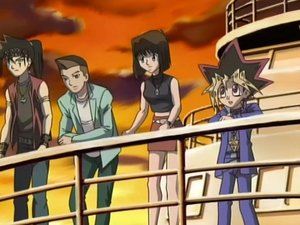
Episode 220: The Final Journey
September 1, 2004
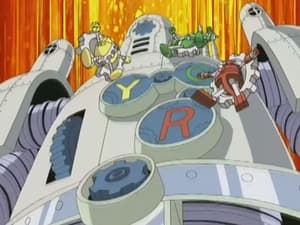
Episode 221: The Final Duel (1)
September 8, 2004
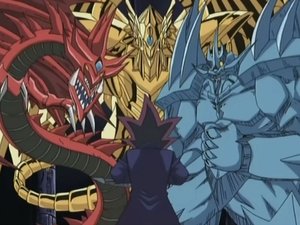
Episode 222: The Final Duel (2)
September 15, 2004
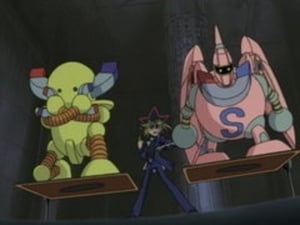
Episode 223: The Final Duel (3)
September 22, 2004
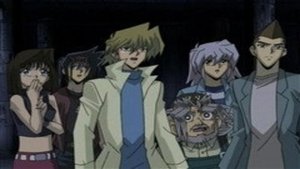
Episode 224: The Final Duel (4)
September 29, 2004
